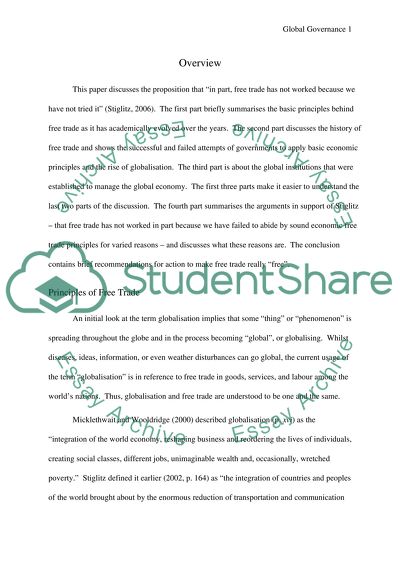Cite this document
(Global Governance: Is Free Trade Really Free Term Paper, n.d.)
Global Governance: Is Free Trade Really Free Term Paper. Retrieved from https://studentshare.org/politics/1512506-global-governance-essay
Global Governance: Is Free Trade Really Free Term Paper. Retrieved from https://studentshare.org/politics/1512506-global-governance-essay
(Global Governance: Is Free Trade Really Free Term Paper)
Global Governance: Is Free Trade Really Free Term Paper. https://studentshare.org/politics/1512506-global-governance-essay.
Global Governance: Is Free Trade Really Free Term Paper. https://studentshare.org/politics/1512506-global-governance-essay.
“Global Governance: Is Free Trade Really Free Term Paper”, n.d. https://studentshare.org/politics/1512506-global-governance-essay.


